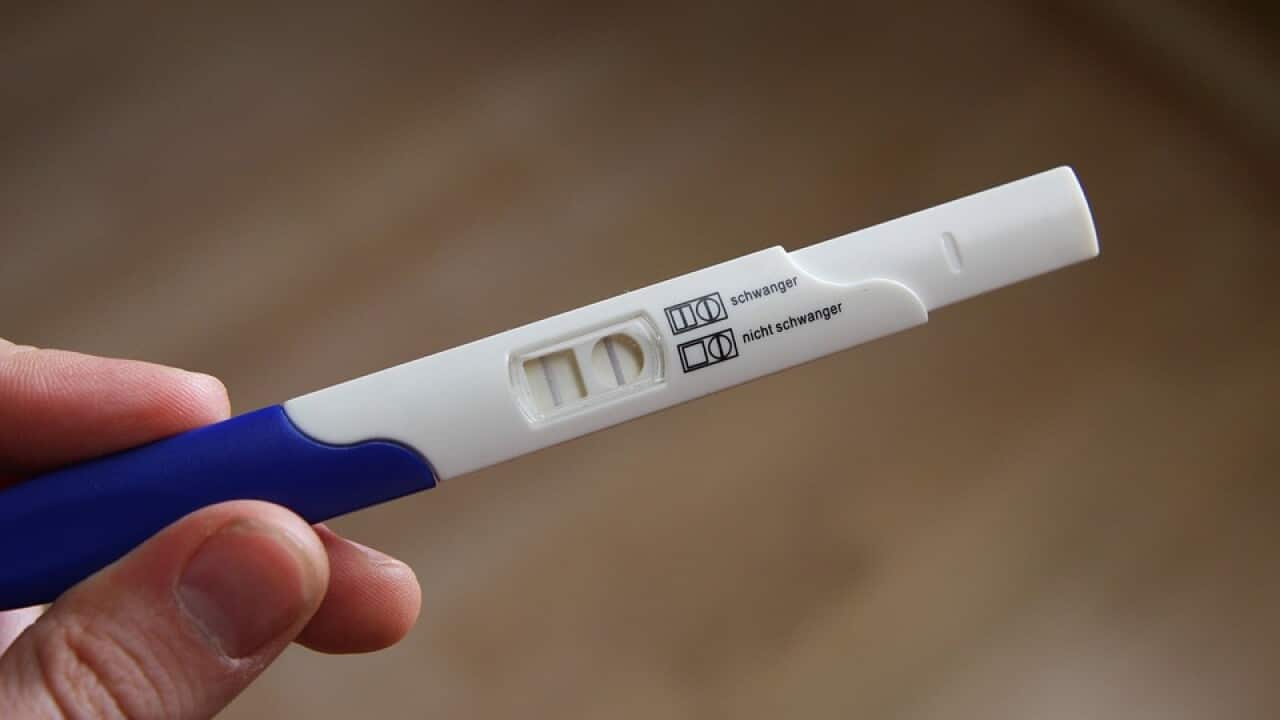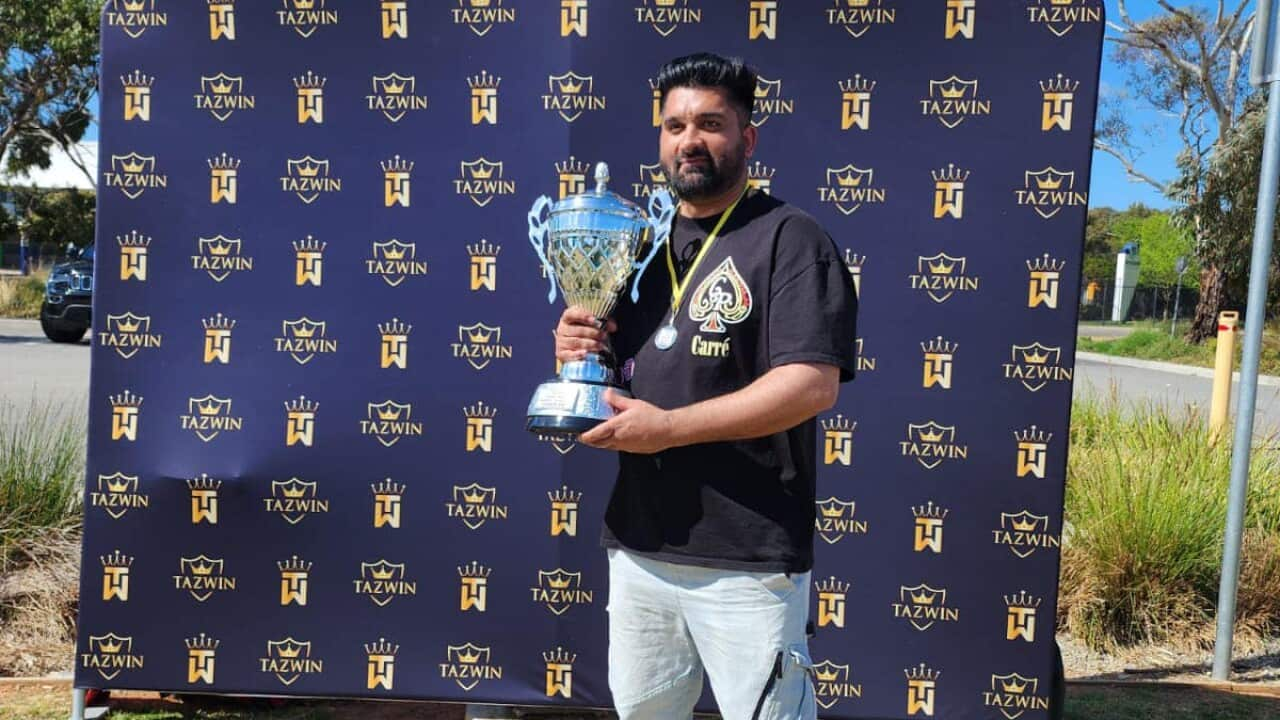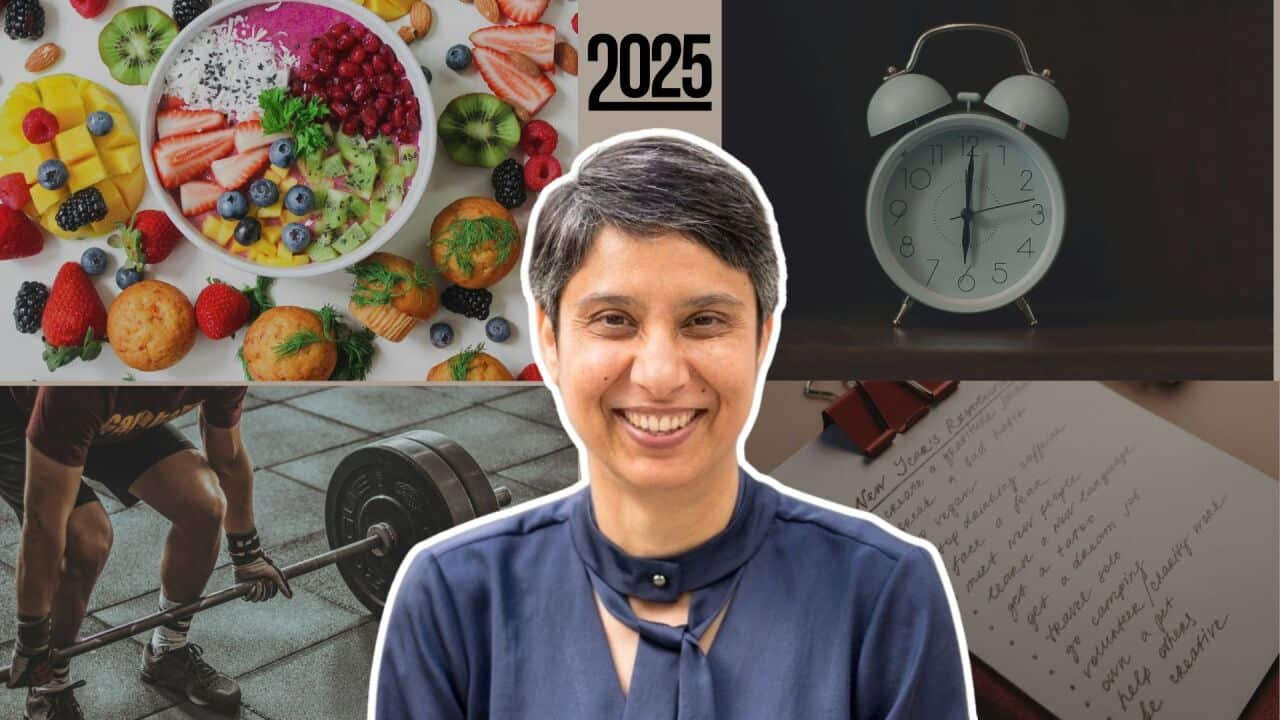For a new Chinese international student we will call Lee -- and whose voice we will distort -- there was more stress than just her exams soon after she arrived in Australia to study at university.
Shortly after starting out in Melbourne, she found herself pregnant.
"It was a very difficult and confusing decision. I had no idea whether to abort it or not."
Back in her Chinese homeland, Lee says, there was little sexual-health education.
"It's only in the textbooks, and that's all. The teachers may give some brief introduction, but they never touch the details."
She also had to navigate a foreign health system once she found herself pregnant.
In an attempt to help other international students, Lee decided to blog about her experience in getting an abortion in Australia on the popular Chinese app Weibo.
A record number of international students studied in Australia last year, more than 620,000.
Almost one in three of those students came from China.
India, Nepal and Malaysia were also leading source countries.
Phillip Goldstone, the medical director at Marie Stopes, a network of abortion clinics, says the clinics see thousands of international students each year.
"There are around 4,000 international students that access abortion services around Australia, not all through our clinics. Approximately 5 per cent of our patients are international students."
And with pregnancy rarely covered by overseas medical insurance, he says the cost of an abortion can blow out for students.
"From roughly a thousand dollars for most international ... most women without a Medicare card who are accessing a termination of pregnancy."
With many students coming from countries without a high level of sexual education, the only information they are receiving comes from the universities.
Former Indian international student Heena Sinha says many of her friends had little sexual-health knowledge upon arrival in Australia.
"None of them were able to talk to me about, and none of them were able to answer, my questions when I was doing a project and trying to ask, you know, 'Do you know about any sexual-health clinics?' or 'Do you know about STIs?'* Some of them don't even know what STIs are."
The Centre for Culture, Ethnicity and Health's Alison Coelho says there are better ways universities could approach the issue.
"It's no point providing lots of sexual education in Orientation Week. They'll forget. And they are so overwhelmed with settling in a new country. I believe that, if we have different points within that first 12 months, that we would actually see a huge reduction in unplanned pregnancy and lower the rates of sexually transmissible infections."
Universities Australia chief executive Belinda Robinson suggests there is a role to play for other groups on campus.
"This is not just a responsibility for university administrations and university management, but it's also something that student groups and student guilds and even the international communities within which universities sit all have a really important role to play here."
* STIs are Sexually Transmissible Infections








